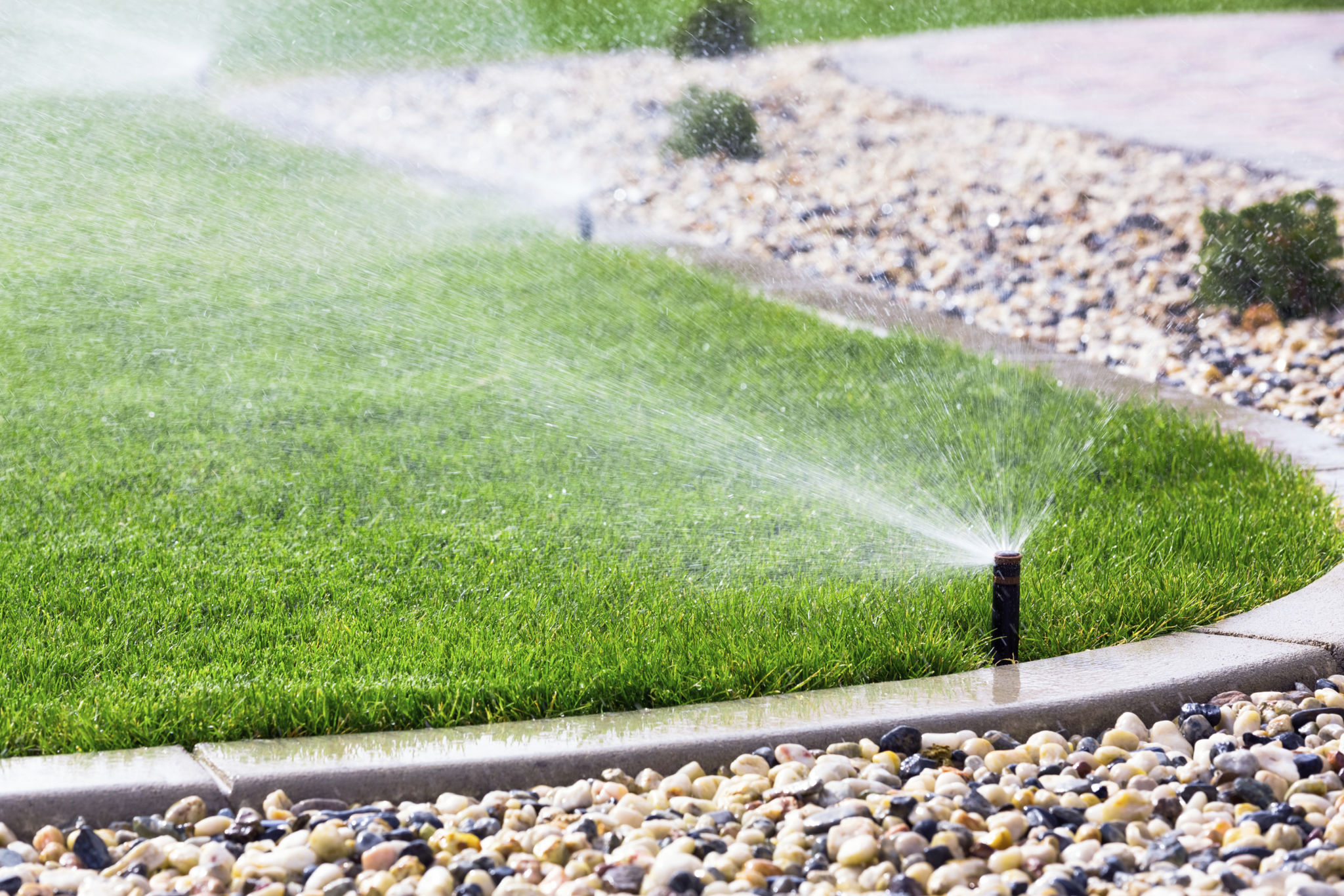Residential Lawn Care: Essential Tips for Homeowners
Understanding Your Lawn's Needs
Every lawn is unique, requiring different care based on its type, soil condition, and climate. Understanding these factors is crucial in developing an effective lawn care routine. Start by identifying the type of grass you have and researching its specific needs. Common grass types include Kentucky bluegrass, Bermuda, and fescue, each thriving in different environments.
The soil condition is another important element. Conduct a soil test to determine its pH level and nutrient content. This information will help you choose the right fertilizers and amendments to enhance the soil's health, ensuring your lawn gets the nutrients it needs to flourish.

Essential Lawn Maintenance Practices
Mowing Techniques
Proper mowing is critical to maintaining a healthy lawn. Ensure your mower blades are sharp to avoid tearing the grass, which can lead to diseases. Mow frequently enough to maintain the grass at a height suitable for its type—usually about 2.5 to 3.5 inches for most cool-season grasses.
Watering Wisely
Watering is essential but requires a strategic approach. The best time to water your lawn is early in the morning before the sun gets too hot, reducing evaporation. Aim for deep, infrequent watering to encourage deep root growth. A general guideline is to provide about an inch of water per week, including rainfall.

Nutrient Management
Fertilization is a key component of lawn care, providing essential nutrients that might be lacking in the soil. Choose a fertilizer based on your soil test results, focusing on the main nutrients: nitrogen, phosphorus, and potassium. Apply fertilizer during the growing season, typically in early spring and fall for cool-season grasses.
Aeration can also improve nutrient absorption. This process involves removing small plugs of soil from the lawn, allowing air, water, and nutrients to penetrate deeper into the roots. Aerate your lawn annually or biannually for optimal health.

Weed and Pest Control
Weeds compete with your grass for nutrients and water, so it's important to keep them in check. Implement a pre-emergent herbicide in early spring to prevent weed seeds from germinating. For existing weeds, use a post-emergent herbicide or manual removal methods.
Pests can also pose a threat to your lawn's health. Keep an eye out for signs of insect damage, such as brown patches or wilting grass. If you suspect pests are present, consider using environmentally-friendly insecticides or introduce beneficial insects that prey on harmful ones.
Seasonal Lawn Care Tips
Your lawn care routine should adapt with the seasons to ensure year-round health. In spring, focus on cleaning up debris and applying fertilizers. Summer requires diligent watering and mowing practices, while fall is an excellent time for aeration and overseeding.
During winter, protect your lawn by minimizing foot traffic on frozen grass and clearing away excess leaves that could smother it. These seasonal adjustments help your lawn withstand changing weather conditions and emerge healthier each year.